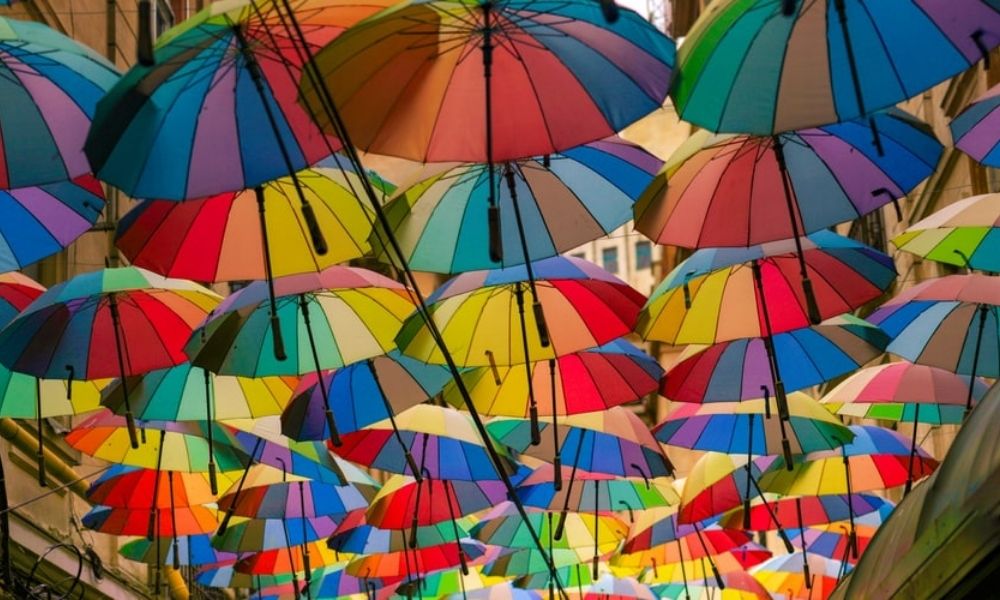
Image Credit: Unsplash
Majority Of Transgender Persons Miss Out On State Benefits As Most Official Data Ignores 'Other'
India, 23 July 2021 12:07 PM GMT | Updated 23 July 2021 12:11 PM GMT
Editor : Madhusree Goswami |
A mountain girl trying to make it big in the city. She loves to travel and explore and hence keen on doing on-ground stories. Giving the crux of the matter through her editing skills is her way to pay back the journalism its due credit.
Creatives : Ratika Rana
Her primary objective is to inform, promote, educate and cultivate readers through writing.
Mostly all data sources identify only binary sexes. The Supreme Court officially identified them as the third gender in 2014.
There is no denying the fact that the series of lockdowns in the wake of the coronavirus outbreak has affected all sections of society. However, the marginalized sections of society, like those belonging to the LGBTQ community, have perhaps been impacted more due to it. According to the 2011 Census, more than 4.8 million transgender people are living in India. The unlisted numbers are far more.
In May, the Centre announced a one-time subsistence allowance of ₹ 1,500 for each transgender person. However, only 5,711 received the money in their accounts, and 1,299 of them received free ration supplies. Several people belonging to the community do not have bank accounts because of a lack of documents. This makes them ineligible for any monetary relief from the government.
Gender Is Just A Social Construct
The countrywide census conducted in 2011 had three options to declare a person's sex- 'male', 'female' and 'other'. This was India's first attempt at collecting data on people with non-binary gender identities. Unfortunately till date, most other data sources record sexes in a binary format to date. Transgender children face bullying and harassment in schools, and trans adults lack employment opportunities in the workspace. They face discrimination and have inadequate access to health services because of their non-conformity to what is considered 'natural'. A report by the Centre for Internet and Society (CIS) stated that while sex is a biological phenomenon, gender is a social construct. The report mentioned that "Gender disaggregated data does not reflect the reality of all gender minorities and cannot be used to take development decisions, especially for the inclusion of all transgender and intersex persons, who are often misrepresented in the data."
People from the transgender community were granted legal recognition by the Supreme Court in 2014 when they were officially recognised as the 'third gender'. The famously known NALSA judgement upheld their right to self-identity and directed the Union and the state governments to grant them legal recognition. A legal procedure was devised to enable them to change their names and apply for ID cards under their new identities. A valid ID card is a prerequisite for availing of any government scheme or benefit.
Also Read: Kolkata: Forest Labourer Gets Prosthetic Limb, Walks After 8 Years
 All section
All section














